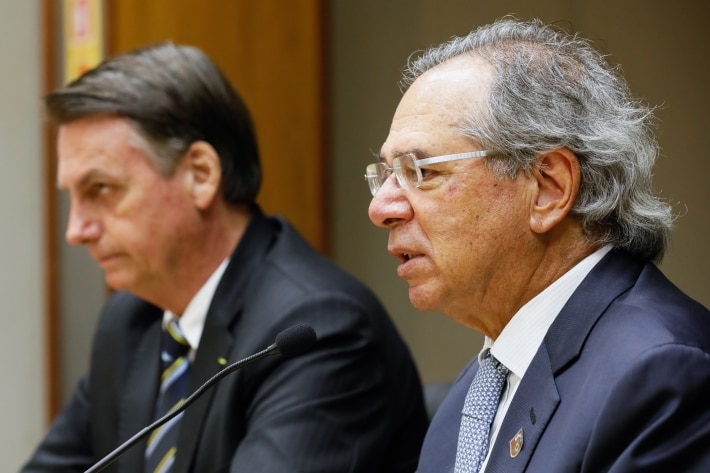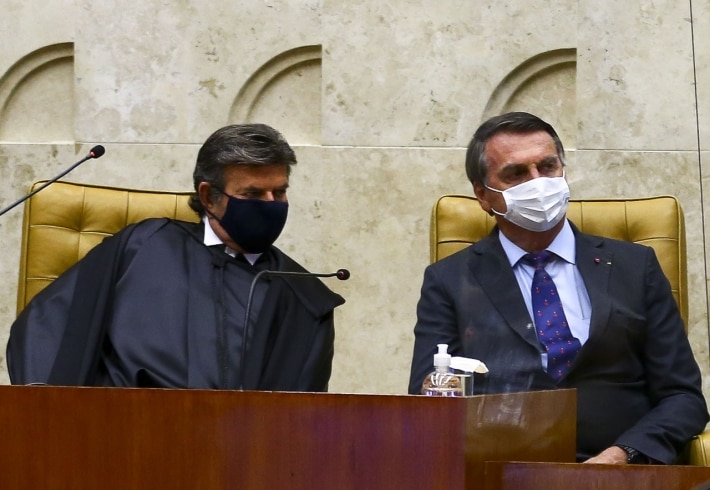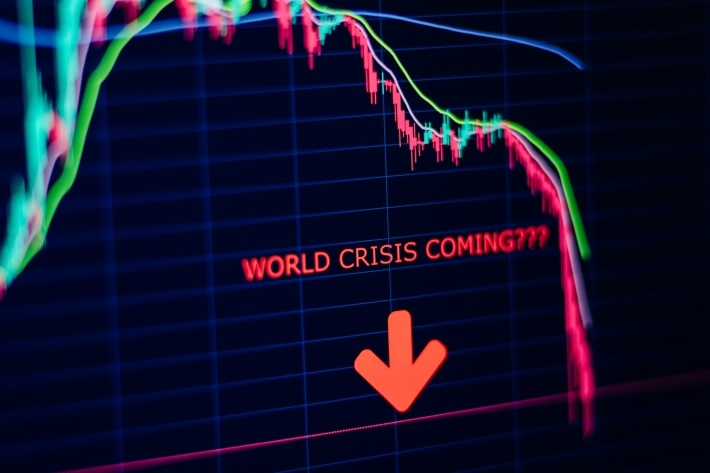When assessing economic performance, it is impossible to ignore the political noise. For a long time, especially at the beginning of the reign BolsonaroThe immense confidence of the Brazilian financial market in Minister Paulo Guedes was constantly exploited by Bolsonar.
Read it too
Even with important advances in social security reform, tax reform was far from what was promised in the beginning, as well as from privatization. Covid, of course, is considered, but, according to Guedes himself, the “political noise” eventually spoke up louder. This political uproar ultimately arose within the executive branch itself, because it prioritized confrontations and narratives that had no practical consequences for the economy.
Among the developing countries, Brazil is the country with the most undervalued exchange rate. Naturally, this has a direct impact on inflation, which is also one of the highest in the world among developing countries. Inflation, which was the main villain of consumers throughout the 1980s and early 1990s, seemed to be a problem of the past, always constrained by the actions of the central bank and the maintenance of a political narrative that was often negative but not so effective. on the progress of achieving economic goals.
On top of that, the country’s growth expectations are among the lowest, even after the constant talk that growth in 2022 will be “fantastic”. For Wall Street, as 2022 becomes an election year, the political uproar is likely to increase rather than decrease. Ultimately, this negatively affects the notion that growth will pleasantly surprise.
The political implications are so obvious, mainly because the world is showing a positive context for economic recovery in several countries. Commodity prices are recovering despite some short-term fluctuations in China. Economic recovery in the US and China tends to bring together countries that are “round” economically and politically stable.
Looking specifically at Brazil, pandemic control, including good first-dose vaccination rates, should positively impact an economic recovery that did not happen as expected. All of this should contribute to growth, exchange rates, the stock market, and the short to medium term.
In Brazil, government supporters can blame this political environment on the STF, the press, Congress, etc. Whether fantasy or reality, in an investor context, it doesn’t really matter. For those who believe that the role of foreign investors is too great, it is important to remember that this flow of investment is part of an important engine of the economy.
Banks and mutual funds I spoke to emphasize that excuses do not matter. Facts and practical results are important. Brazil seems unreliable due to uncertainty. Uncertainty stems from politics, and politics works chaotically, when government priorities are conceptual, not necessarily practical.
If the short term is difficult, the medium term is no longer easy. Funds that follow long-term trajectories are associated with public debt financing. Interest rates continue to rise, further reducing the government’s maneuvering space. Bearing in mind that since 2022 is an election year, good economic performance or a feeling of good economic performance will make the government want to spend more.
When the economy is on a positive trajectory, the government does not need to boil the well with great enthusiasm. When economic perception becomes more politically important than economic efficiency itself (which usually happens in an election year), this is where the danger lies, and this is where debt shifts from exclusivity to habit.
Our editors recommend this content so you can invest even better


















